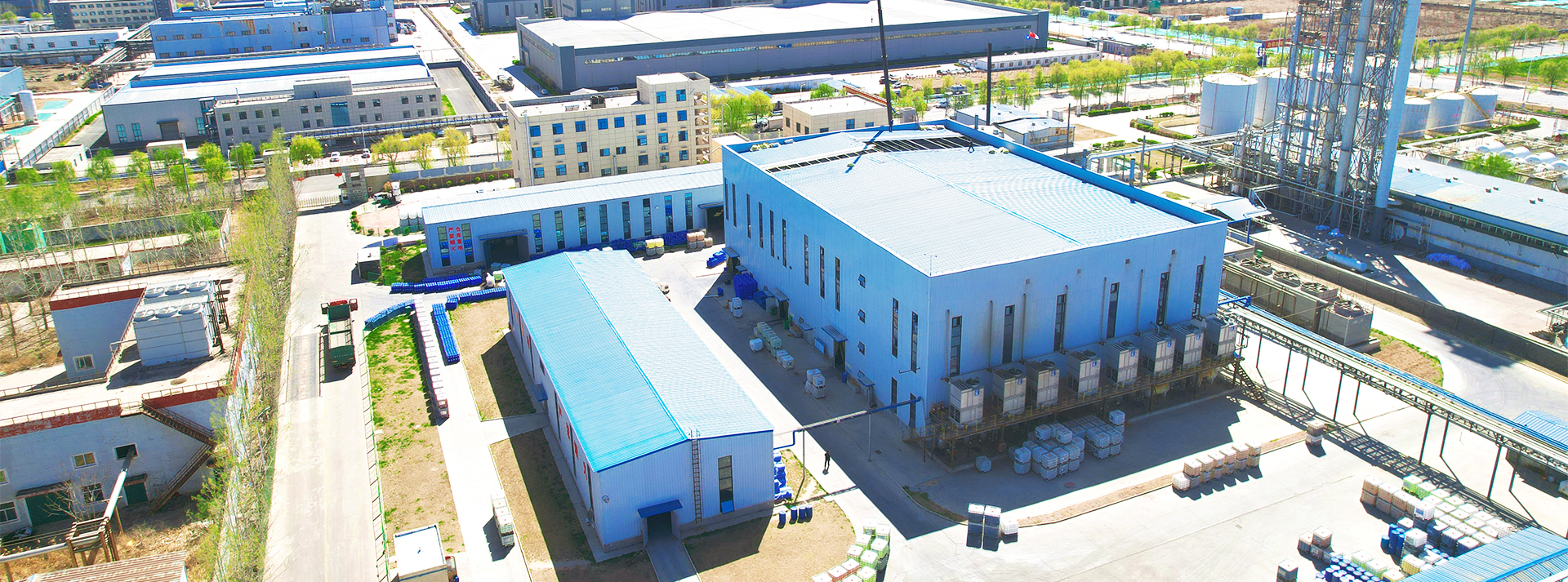Exploring the Benefits of Industrial Flocculants in Wastewater Treatment Processes
The Role of Industrial Flocculants in Water Treatment
In the realm of industrial processes, effective water treatment remains a critical component, particularly for industries such as mining, wastewater treatment, and food processing. One of the most effective agents used to enhance the efficiency of these processes is flocculants. These chemical substances facilitate the aggregation of suspended particles in water, making it easier for them to settle or be removed. This article explores the importance, types, applications, and benefits of industrial flocculants.
What are Flocculants?
Flocculants are substances that promote the clumping or flocculation of dispersed particles in a liquid. When added to water, they interact with suspended solids, causing them to agglomerate into larger particles, or flocs. This process significantly increases the size and weight of the particles, allowing them to settle more rapidly under the influence of gravity or be removed by filtration. Flocculants are typically categorized into several types based on their composition organic synthetic polymers, natural (bio-based) substances, and inorganic compounds.
Types of Flocculants
1. Synthetic Polymers These are the most commonly used flocculants in industrial applications. They are formulated from various monomers and can be tailored for specific functions. Their effectiveness is often determined by their molecular weight and charge density. Examples include polyacrylamides and polyamines.
2. Natural Flocculants Derived from natural sources, these include materials such as starch, cellulose, and chitosan. They are gaining popularity due to their biodegradability and lower environmental impact compared to synthetic alternatives.
3. Inorganic Flocculants Such as aluminum sulfate (alum) and ferric chloride, inorganic flocculants have long been used in water treatment processes. They are effective in a variety of applications but may require careful monitoring of water chemistry since they can alter pH levels.
Applications of Flocculants
Flocculants are used across various industries, providing critical assistance in numerous applications
- Water Treatment In municipal and industrial wastewater treatment, flocculants play a vital role in clarifying water by removing suspended solids, colloids, and organics, ensuring compliance with environmental discharge standards.
industrial flocculant

- Mining The extraction of minerals is often accompanied by the generation of large volumes of wastewater. Flocculants help in recovering valuable minerals while treating and reducing the volume of tailings and sludge.
- Food and Beverage Industry Flocculants are employed in the clarification of juices and the treatment of process water
. This ensures that the final products meet quality standards.- Paper Production In papermaking, flocculants assist in the removal of excess fibers and fillers from the pulp, enhancing the quality of the final product.
Benefits of Using Industrial Flocculants
The integration of flocculants into industrial processes offers numerous advantages
- Enhanced Efficiency Flocculants speed up the settling process of solids, leading to more efficient separation and treatment processes. Users can achieve clearer effluents with reduced time and resources.
- Cost-Effectiveness By improving operational efficiency, flocculants can lower the overall costs associated with water treatment. This includes reduced energy costs, chemical use, and sludge handling.
- Sustainability Many flocculants, especially natural ones, contribute to more sustainable industrial practices. They can reduce reliance on harsh chemicals and minimize environmental impact.
- Flexibility Flocculants can be customized for specific applications, making them suitable for a wide range of industrial processes and varying water chemistries.
Conclusion
In conclusion, industrial flocculants are indispensable in managing water quality and enhancing treatment efficiency across multiple sectors. Their ability to facilitate the removal of suspended solids substantiates their important role in promoting sustainability and compliance with environmental regulations. As industries continue to evolve, the development and application of more advanced flocculants will undoubtedly lead to improved practices and better resource management in water treatment.
-
The Power of Isothiazolinones in Modern ApplicationsNewsMay.08,2025
-
Flocculants in Water TreatmentNewsMay.08,2025
-
Flocculants and Chemical Solutions: What You Need to KnowNewsMay.08,2025
-
Flocculants and Chemical Solutions: A Growing IndustryNewsMay.08,2025
-
Essential Chemicals: Polymaleic Anhydride and MoreNewsMay.08,2025
-
Acrylic Polymers: Essential Solutions for IndustryNewsMay.08,2025





